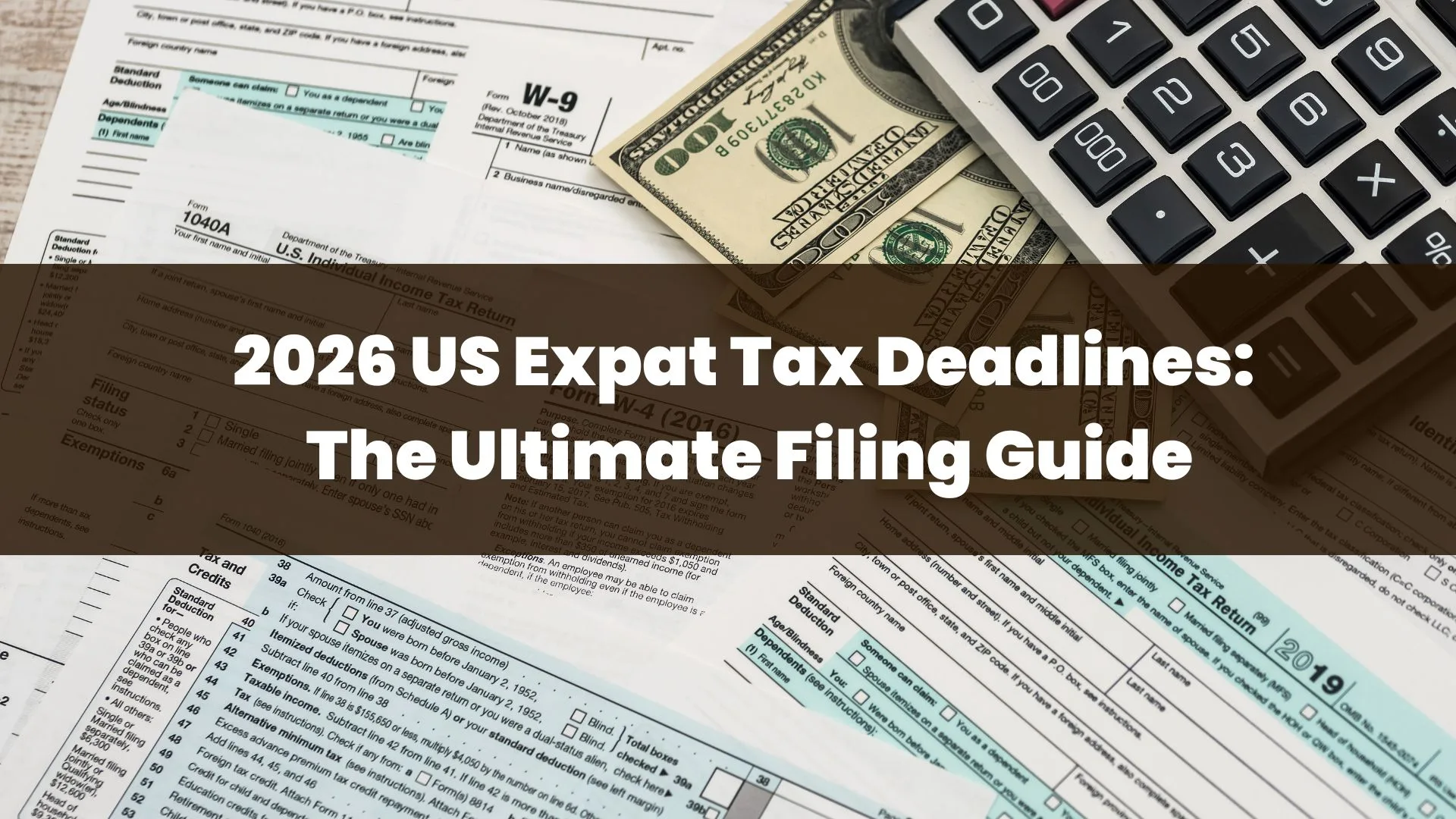
We Make Tax Filing A Breeze
Home » US Taxation of Stock Options for Foreign Nationals

For foreign nationals working in the United States, receiving stock options as part of their compensation package can be a significant benefit. However, the taxation of these options is often complex, involving unique rules and considerations that differ from those applicable to U.S. citizens or permanent residents. Understanding these intricacies is crucial for avoiding compliance issues and optimizing your tax position.
At TheTaxBooks, we frequently assist foreign nationals and businesses with the complexities of US tax filing, including nuanced areas like stock option taxation. Our aim with this post is to shed light on this important topic, helping you navigate the landscape with greater clarity.
Stock options grant an employee the right, but not the obligation, to purchase a company’s stock at a predetermined price (the “strike price” or “grant price”) within a specified period. They are a common form of equity compensation, designed to align employee interests with company performance. While seemingly straightforward, their tax treatment can vary significantly based on the type of option, your residency status, and the timing of various events.
One of the most critical factors determining how your stock options are taxed in the U.S. is your residency status for U.S. tax purposes. This is often different from your immigration status.
A non-resident alien (NRA) is generally taxed only on income sourced from within the U.S. For stock options, determining the source of income can be complicated, often depending on where the services were performed that earned the option and the period over which those services were rendered.
A resident alien (RA) for U.S. tax purposes is taxed on their worldwide income, similar to U.S. citizens. This means that all income derived from stock options, regardless of where the services were performed, could potentially be subject to U.S. taxation. Becoming a resident alien can occur by meeting the “green card test” or the “substantial presence test.”
The U.S. tax code distinguishes between two primary types of stock options, each with different tax implications:
ISOs offer potentially favorable tax treatment.
NSOs are more common and generally simpler in their tax treatment.
Understanding when different tax implications arise is crucial:
This is the date when the company issues the stock option. Generally, there is no taxable event for either ISOs or NSOs at the grant date.
This is when you gain the right to exercise your options, usually tied to a period of employment or performance targets. There is typically no taxable event at the vesting date itself, but it’s a prerequisite for exercise.
This is when you choose to purchase the shares at the strike price.
This is when you sell the shares acquired through exercising the options.
For foreign nationals, especially non-resident aliens, determining the source of income from stock options is a complex but critical step. The IRS generally looks at where the services that earned the options were performed. If services were performed both inside and outside the U.S., the income may need to be apportioned between U.S. and foreign sources. This apportionment often considers the number of days worked in the U.S. versus outside the U.S. during the period the options were earned.
Employers are generally required to withhold U.S. income tax and FICA taxes (Social Security and Medicare) on the ordinary income recognized from NSOs at exercise. For ISOs, withholding is typically not required at exercise unless the employee sells the shares immediately.
Foreign nationals must also report their income from stock options on their U.S. tax returns (Form 1040-NR for non-resident aliens or Form 1040 for resident aliens). Proper reporting ensures compliance and allows for potential tax credits or deductions.
The U.S. has income tax treaties with many countries. These treaties can significantly impact the taxation of stock options for foreign nationals by:
Understanding the specific provisions of the tax treaty between the U.S. and your country of residence is essential.
The taxation of stock options for foreign nationals working in the U.S. is a highly specialized area. The interplay of residency rules, different option types, various taxable events, income sourcing, and international tax treaties can create a challenging compliance landscape. Misinterpretations can lead to significant penalties.
At TheTaxBooks, operated by Trusens Tax Books LLC, our team, led by Principal Consultant Kishore Chennu (MBA, CMA, EA-IRS (US) with over 15 years of US tax experience), specializes in assisting individuals and businesses with complex U.S. tax matters. Whether you are a foreign national trying to understand your stock option obligations or a business looking to ensure proper reporting for your international employees, we offer comprehensive services including US Individual Tax Filing (for residents, non-residents, and expats) and US Business Taxation. We can help you understand your specific situation, ensure accurate compliance, and navigate potential treaty benefits.
To learn more about how you can reduce your taxes and save money, check out the helpful resources on our blog or contact us today to schedule a consultation.